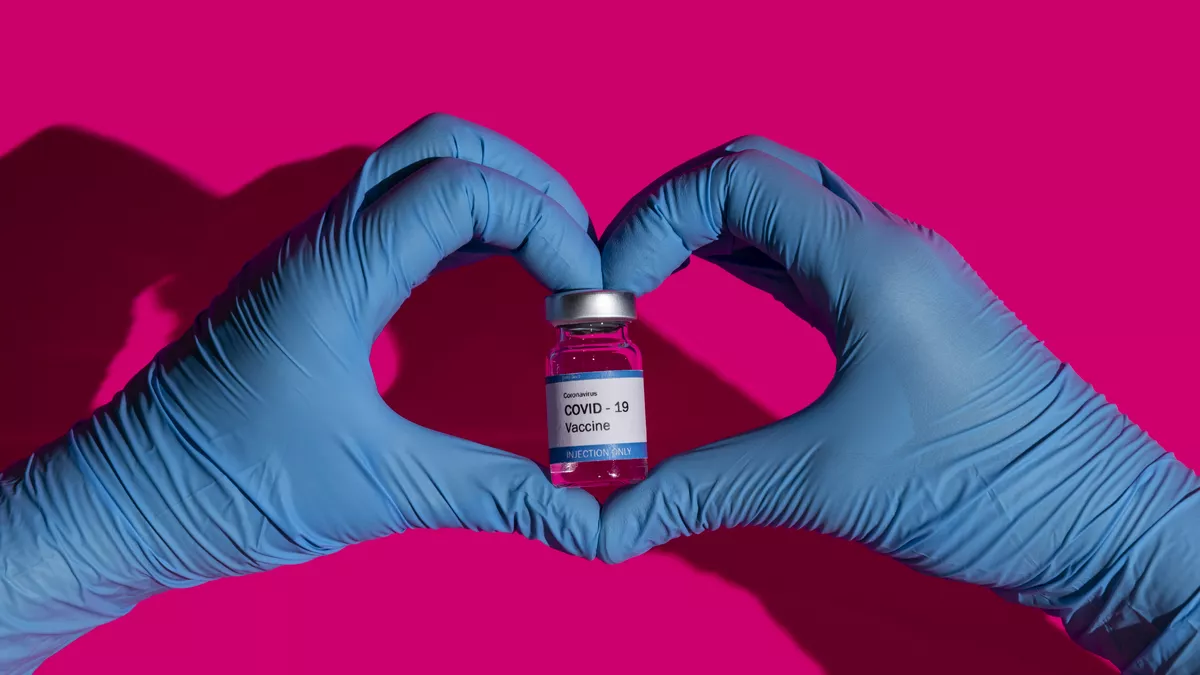Apart from boosting immunity, COVID vaccination has been associated with improved mental health well-being of participants in the Understanding Coronavirus in America study, according to Science Daily.
The study, which appeared in the American Journal of Preventive Medicine and published by Elsevier, looked at the impact of the COVID pandemic on Americans.
Researchers found that vaccination helped people to overcome distress and prevent perceived risks of infection, hospitalization, and death.
Lead researcher Prof. Jonathan Koltai of the University of New Hampshire said, “Our study documents important psychological benefits of vaccination beyond reducing the risk of severe illness and death associated with COVID-19.”
Psychological distress and anxiety increased significantly across the nation after the onset of the COVID 0pandemic. The factors responsible for psychological distress were widespread job and income loss, social isolation, food insecurity, substance abuse, and racism. In addition, people started experiencing anticipatory anxiety that contribute to rising mental health issues.
The study analyzed more than 8,000 adults who were interviewed regularly from March 2020 to June 2021. The researchers found that most participants revealed a decline in COVID-related risk perceptions and psychological distress after receiving the vaccine.
Participants who received at least one dose of the COVID vaccine between December 2020 and June 2021 reported a 7% relative reduction in mental distress, according to Science Daily.
Furthermore, the researchers found that vaccination was associated with more than a 7% reduction in perceived risk of infection, over 6% in perceived risk of hospitalization, and nearly 5% in perceived risk of death.
The investigators found that these effects persisted and became much stronger for at least eight weeks after vaccination, suggesting that getting vaccinated made people feel safer.
The impact of COVID vaccination on mental health varied by race/ethnicity. The authors found the largest reductions in distress among American Indians (AI) and Alaska Native (AN) individuals.
During the study period, the breakout among racial/ethnic groups was proportional to the overall American population. The highest rates of vaccination were observed among Asian and Pacific Islanders, while the lowest rates were observed among Black participants.
However, urgent measures are needed to increase the rate of vaccination and achieve vaccine equity given the rapid rise of Omicron in late 2021 and early 2022. And this could be possible if there is enough communication about the benefits associated with COVID vaccination, both physically and mentally.
Prof. Koltai said, “To ensure these benefits are widely shared, efforts to increase vaccination and booster rates in early 2022 need to prioritize equitable distribution and access to vaccines.” The story was published Tuesday in Science Daily.























